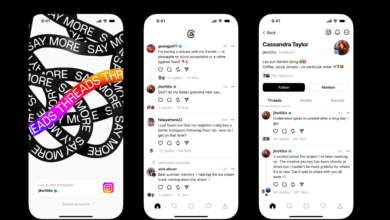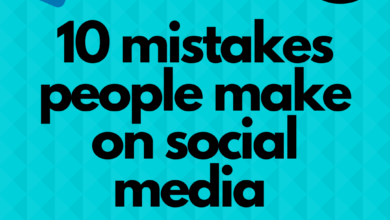New Meta Studies Suggest Algorithms Have Limited Influence on Political Opinion
Meta's new research suggests that social media algorithms may have limited influence on political polarization, but it does not address the broader effects of algorithmic incentives on media and content creation.

Meta, formerly known as Facebook, has released a series of scientific studies aiming to debunk the notion that its algorithms contribute to political polarization. The research, published in respected academic journals Science and Nature, analyzed Facebook and Instagram activity leading up to the 2020 US Presidential Election. Meta collaborated with academic groups for the experiments, which involved selected users and focused on the echo chamber hypothesis.
Three key experiments were conducted with willing participants:
1.Preventing Facebook users from seeing any ‘reshared’ posts
2.Displaying Instagram and Facebook feeds to users in reverse chronological order, instead of in an order curated by Meta’s algorithm.
3.Significantly reducing the number of posts Facebook users saw from ‘like-minded’ sources
The goal was to determine if social media algorithms influenced political opinions and voting behavior. The findings indicated that Meta’s platforms alone did not cause harmful ‘affective’ polarization or meaningful effects on political outcomes.
As per Meta: “Although questions about social media’s impact on key political attitudes, beliefs, and behaviors are not fully settled, the experimental findings add to a growing body of research showing there is little evidence that key features of Meta’s platforms alone cause harmful ‘affective’ polarization or have meaningful effects on these outcomes.”
However, it is important to note that these experiments only scratched the surface of the broader impact of social media on politics. Beyond direct engagement, algorithmic incentives have influenced the media sector as a whole. Facebook’s algorithm, for instance, prioritizes content that sparks discussions and fuels user engagement. This, in turn, encourages media organizations to publish emotionally charged content to garner more comments and shares.
Negative emotions, such as anger, are particularly effective in driving virality, leading to a cycle of provocative content generation to maximize interaction. Over the years, this digital engagement has influenced media organizations across various platforms.
While the studies shed some light on the direct influence of algorithms on political opinions, the full extent of social media’s impact on politics remains complex and multi-faceted.




